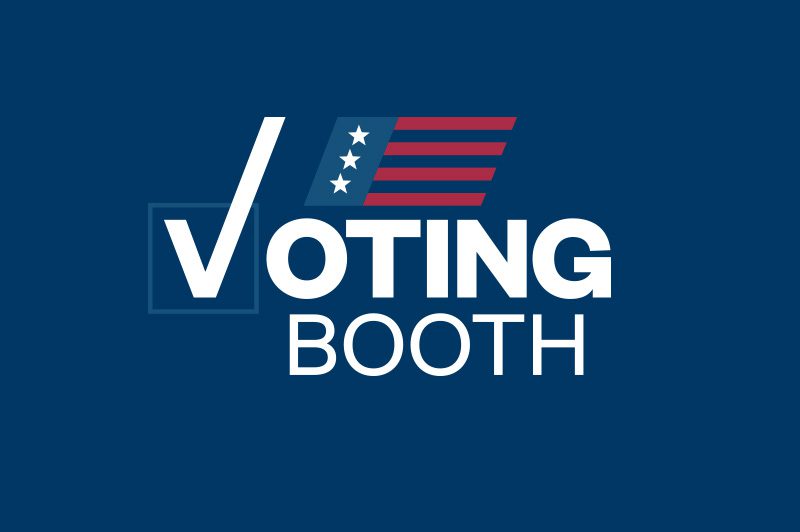[vc_row][vc_column][vc_column_text]Voting, campaigns and elections are changing. Technology is reshaping the form, content and character of our democracy. Legacy institutions like political parties and mainstream media are being challenged from inside and out, creating an ever-more fractious political culture. Technology is making some parts of the voting process more vulnerable, while creating new possibilities for Americans to vote and verify the count as never before.
These are the themes and narratives that Voting Booth, a new project of the Independent Media Institute, will cover. Every few generations, our political culture reaches a tipping point. We’re now in such a moment, where partisan orthodoxies—on the left and right—aren’t illuminating what’s really going on. Our role is to report on the transformations underway: affecting voters and the voting process, how campaigns are conducted and how the parties are being challenged and responding to more fervent partisans.
There’s a need for a journal that understands that technology’s role in fanning extremism is the least understood lesson of 2016. There’s a need for a journal that can explain what 2018’s biggest threat to voting is—hint, it’s not partisan voter suppression. And a need for a journal that can trace the unintended consequences of Silicon Valley’s privatized regulation of political ads, because today Facebook is more powerful than Congress.
We hope you will join us in examining today’s transformations. Here are some recent articles produced by IMI’s Voting Booth:[/vc_column_text][vc_empty_space][vc_column_text el_class=”mission serif-font”]
Facebook is now screening and censoring political ads more aggressively than any federal agency for decades. But its new rules are suppressing grassroots candidates and campaigns on the left and right, harming outsiders while helping insiders.
The biggest threat to voting in 2018 isn’t old-school voter suppression like stricter voter ID requirements. It’s hackers scrambling statewide voter databases and polling place voter lists to create chaos, delays and distrust of whoever is said to win. Election officials know this and are taking cybersecurity seriously as never before.
Virtually every special election since 2016 and primary this spring has seen Democrats turnout in numbers suggesting this November will see the biggest blue wave since 1974, the election after President Nixon resigned. But there’s a common thread in many of the winning campaigns that has nothing to do with Trump. It’s a certain kind of empathy.
Both political parties face deep internal divides, but they still have tremendous power to limit the supply of candidates that the public votes on in the fall. One inside advantage is the “sore loser” laws in 47 states, which, paradoxically, are a little-known factor making party polarization more extreme. However, 2018’s crowded primaries might see these laws challenged in a few states.
Ever since the Supreme Court stopped the 2000 presidential recount, voting transparency advocates have sued, but have almost never won, the right to inspect ballots to verify the vote count before winners were declared. But now, new technology is saving ballot images and being used to open up the “black box” of counting the votes.
[/vc_column_text][vc_empty_space][vc_column_text]Depending on one’s political views, the multifaceted impacts of new technology in the world of voting, campaigns and elections represent political utopias or dystopias. Either way, American democracy is in a historic transition, led by new technologies magnifying and empowering the best and the worst of human nature. This is what we will cover.
And we have one big ongoing campaign—tracking the advocacy and technology surrounding ballot transparency. In some states, election officials don’t consider electronic images of every ballot to be a public record. In other states, they are not just treated as public records, but have been used to settle ties and margins as close as six votes—where winning and losing candidates have accepted the results and confidently conveyed that to supporters. That outcome sounds remarkable in today’s hyperpolarized arena, but such trust is needed.
We hope you will join us as we launch Voting Booth, because the ballot is where representative government begins in our democracy.
Sincerely,
 Steven Rosenfeld
Steven Rosenfeld
Editor and Chief Correspondent
Voting Booth[/vc_column_text][/vc_column][/vc_row]

